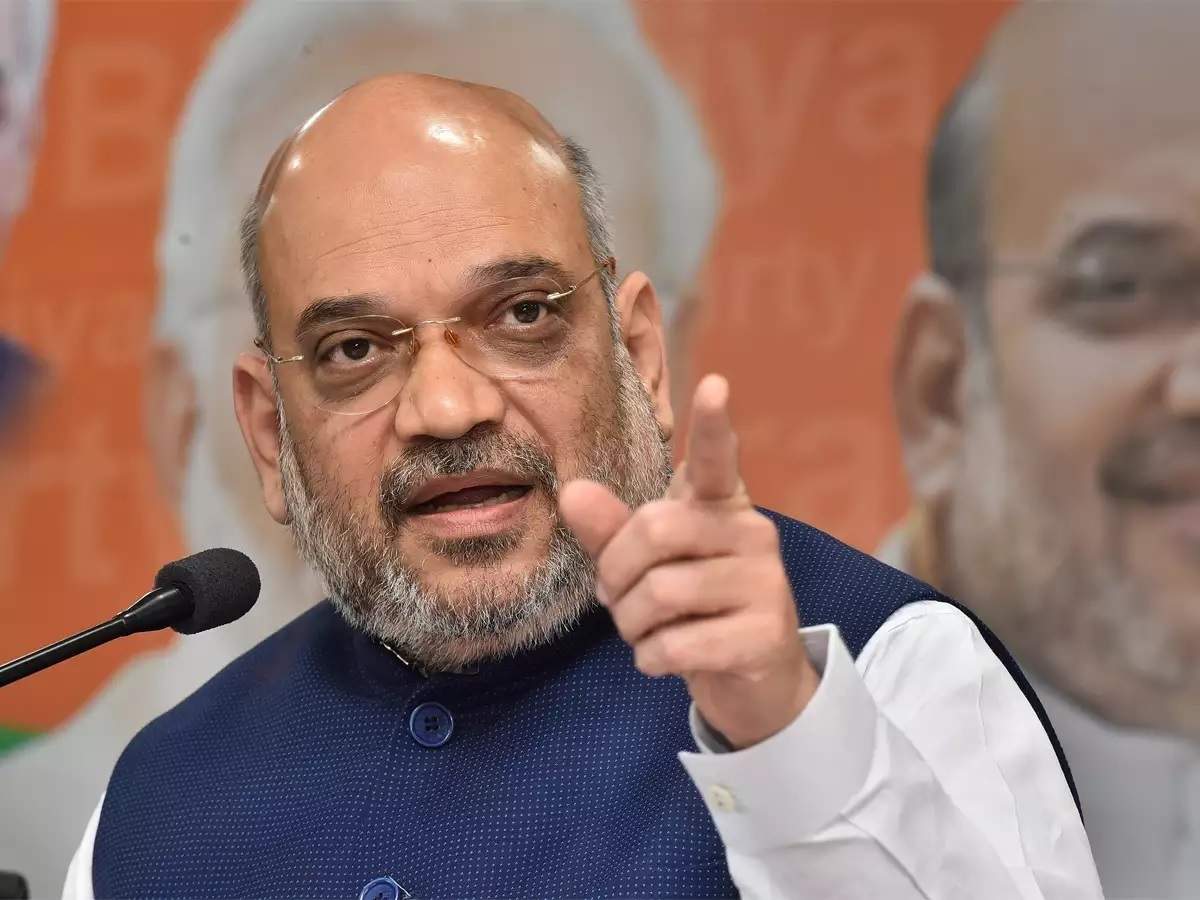In a dramatic turn of events, Kenyan President William Ruto announced on June 26 that he will not sign into law a controversial finance bill proposing new taxes. This decision came just a day after violent protests erupted, culminating in the storming of parliament and the tragic deaths of several individuals.
The contentious bill, which aimed to increase taxes on a range of items including internet data, fuel, bank transfers, and diapers, was passed by the Kenyan parliament on June 25. The government argued that the new taxes were necessary to raise funds to pay off national debt. However, many Kenyans vehemently opposed the bill, arguing that it would exacerbate the economic hardships faced by millions.
The unrest on June 25 saw five people shot dead and 31 others wounded as protesters clashed with security forces. Demonstrators breached barricades and entered the parliamentary complex, where a fire subsequently broke out. The severity of the situation prompted the government to deploy the military, and President Ruto condemned the actions of the protesters as “treasonous.”
As the nation grapples with the aftermath of the violence, the rejection of the finance bill by President Ruto signals a critical juncture in Kenya’s political and economic landscape. The events of the past days underscore the deep-seated frustrations among Kenyans over economic policies and the urgent need for the government to address these concerns.

Surjitt Sahani











